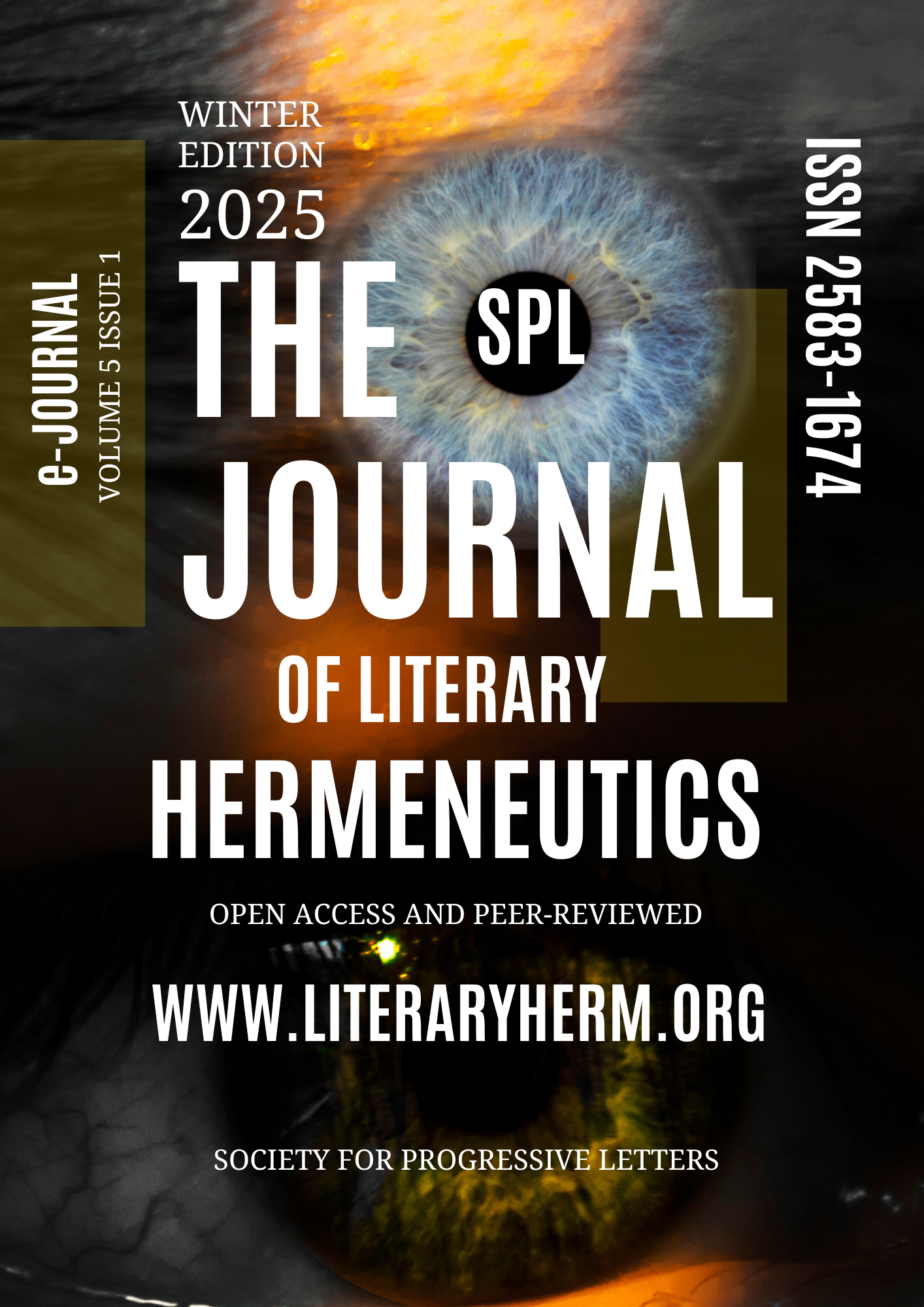Influence of Myths on Literature Across Culture
Keywords:
Mythology, Literature, Reinterpretations, Ancient mythsAbstract
Aims: Mythology has been a powerful force in human culture for thousands of years. Ancient myths have shaped the way people view the world and offered explanations for life's mysteries, human nature, and the forces of nature itself. These stories, passed down through generations, have not only shaped the spiritual and cultural foundations of many civilizations but also influenced literature throughout history. They serve as a mirror to societal values, beliefs, and the timeless human quest for meaning.
Methodology and Approaches: This paper examines how ancient stories, especially from Indian epics like The Ramayana, Mahabharata and various Puranas, continue to influence literature today and shape our outlook on life, relationships, and human behaviour. These myths, though deeply rooted in religious traditions, transcend their original contexts to become universal metaphors that offer insight into human existence, morality, and identity.
Outcome: Mythology has long been a significant source of inspiration for literature, influencing writers and shaping their narrative structures, characterizations, and thematic explorations. Authors across time have drawn on myth to explore ethical dilemmas, human psychology, divine intervention, and the cosmic struggle between order and chaos.
Conclusion and Suggestions: It suggests a need for renewed attention to mythological frameworks within academic and creative writing, highlighting their relevance in promoting intercultural literacy, ethical reflection, and a deeper understanding of universal human concerns.
Downloads

Published
How to Cite
Issue
Section
Copyright (c) 2025 Vikas Sharma

This work is licensed under a Creative Commons Attribution-NonCommercial 4.0 International License.












